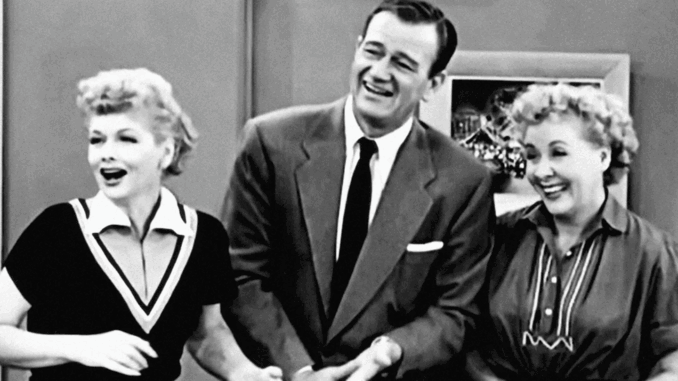
A sitcom in the shadow of global politics
When I Love Lucy premiered in 1951, featuring a Cuban-born co-lead in prime-time television was almost unheard of. At a time when Cold War tensions were intensifying and U.S.–Cuba relations were on the path to deterioration, the series unintentionally acted as a form of “soft diplomacy.”
Ricky Ricardo – breaking stereotypes in real time
Desi Arnaz’s portrayal of Ricky Ricardo didn’t just bring laughs; it brought Latin music, Spanish phrases, and authentic Cuban charm into American living rooms. For many viewers, it was their first exposure to Cuban culture portrayed positively — a sharp contrast to Hollywood’s then-typical caricatures of Latin characters as either villains or comic relief.
The ripple effect beyond television
Cultural historians have argued that the presence of Ricky Ricardo created subtle shifts in public perception. By humanizing and celebrating a Cuban character during politically sensitive years, I Love Lucy became more than just entertainment — it was a rare space where cross-cultural representation reached millions without feeling forced or propagandistic.